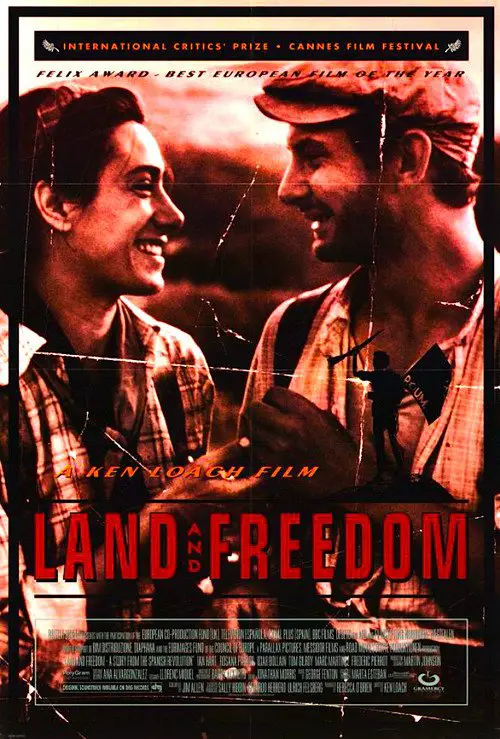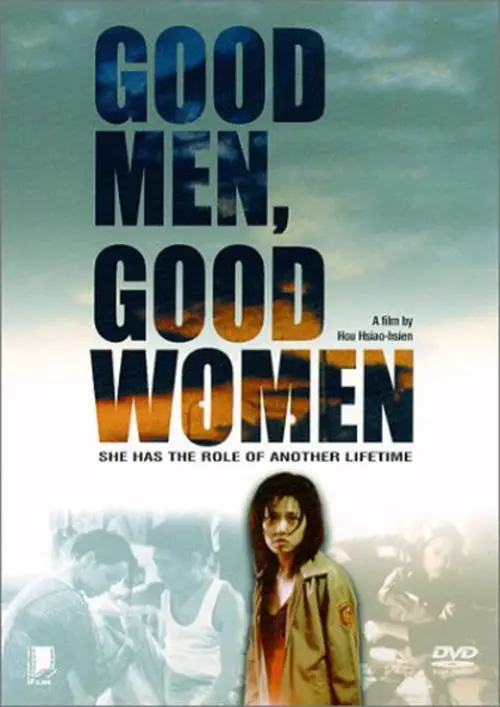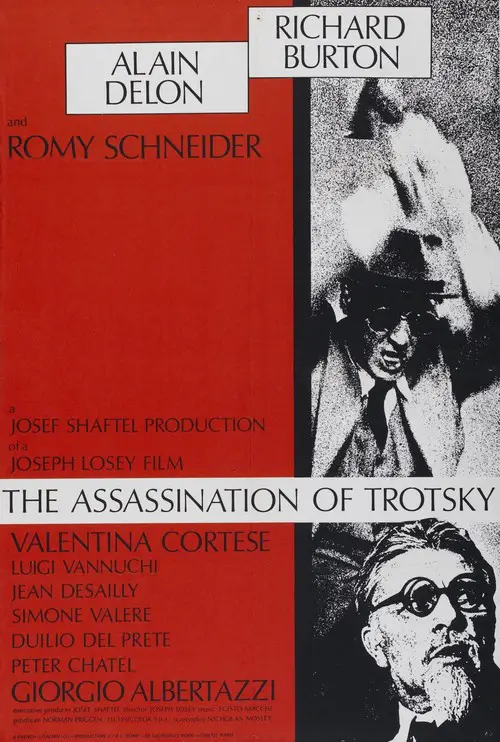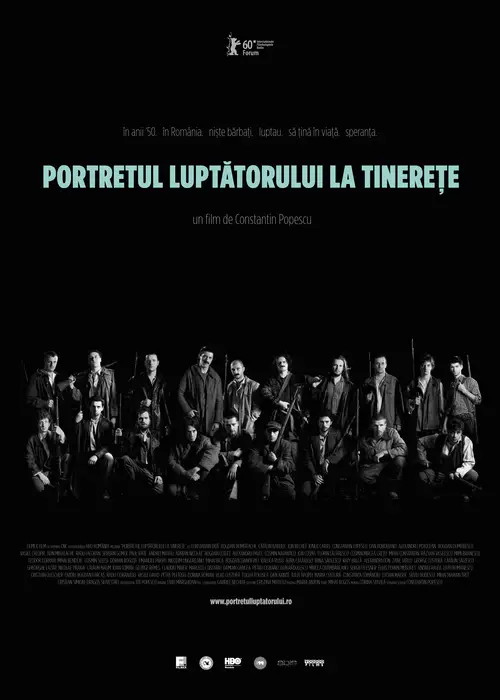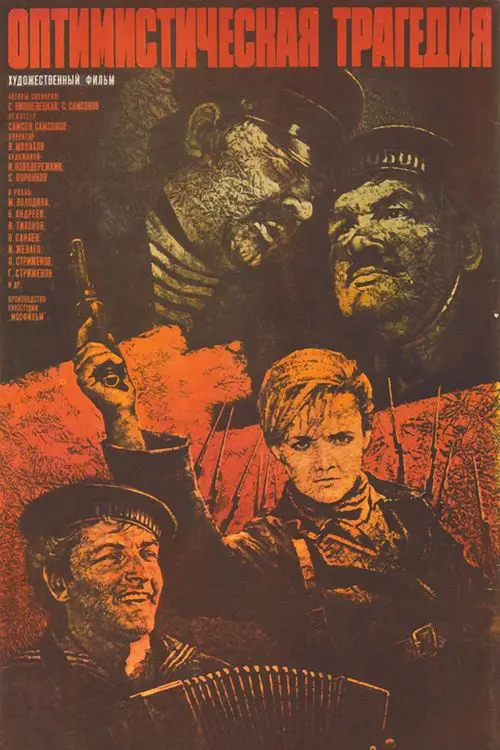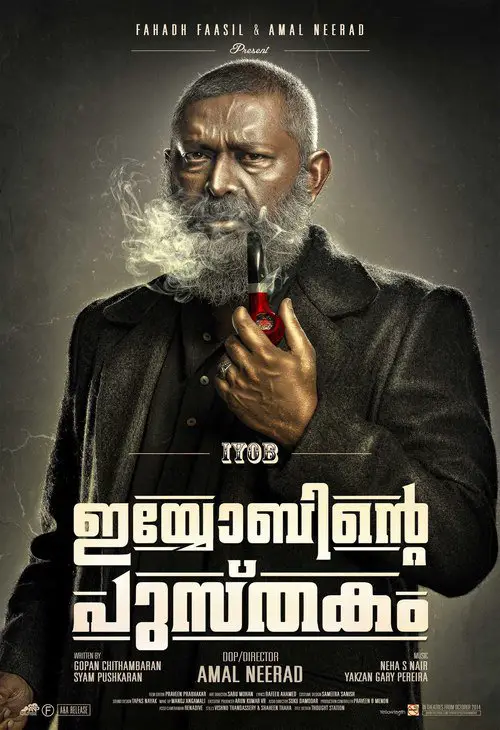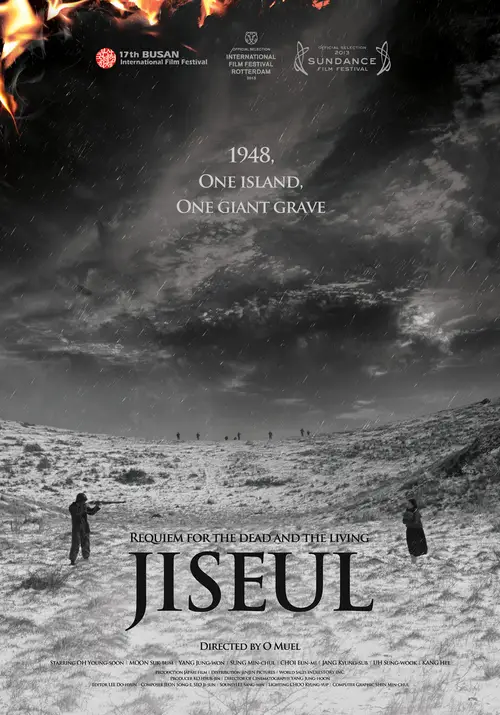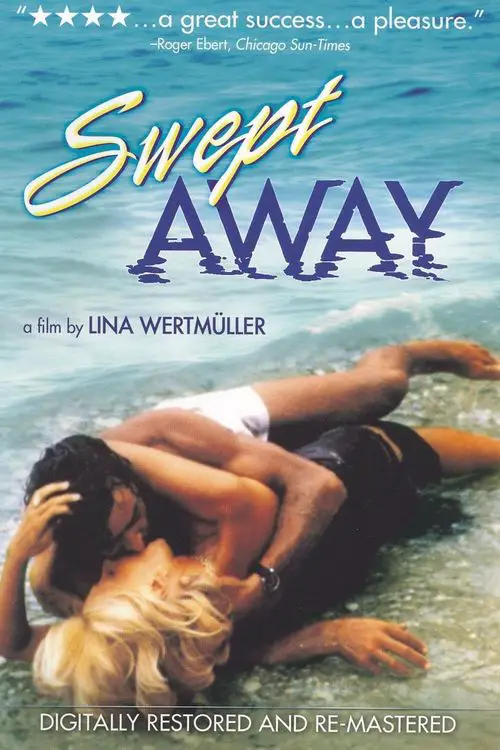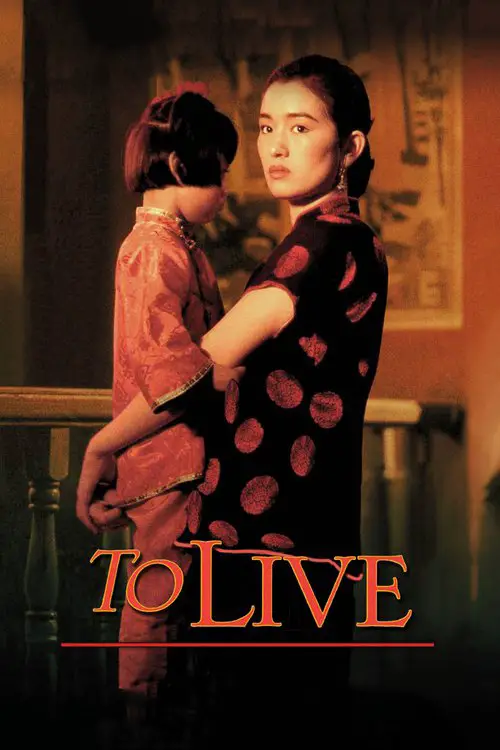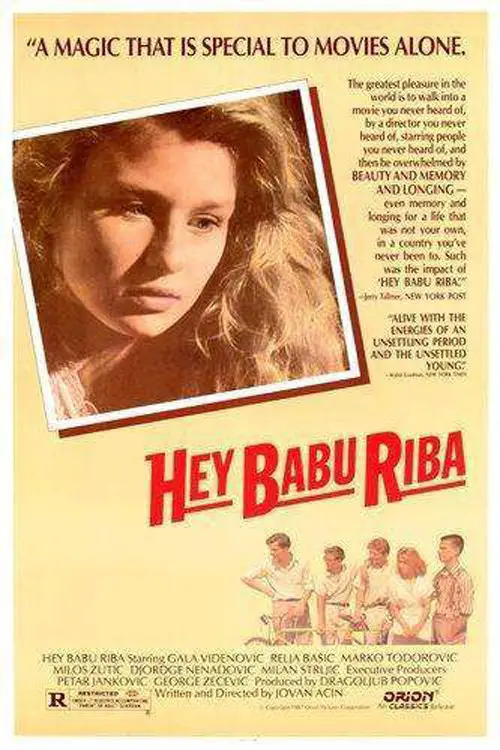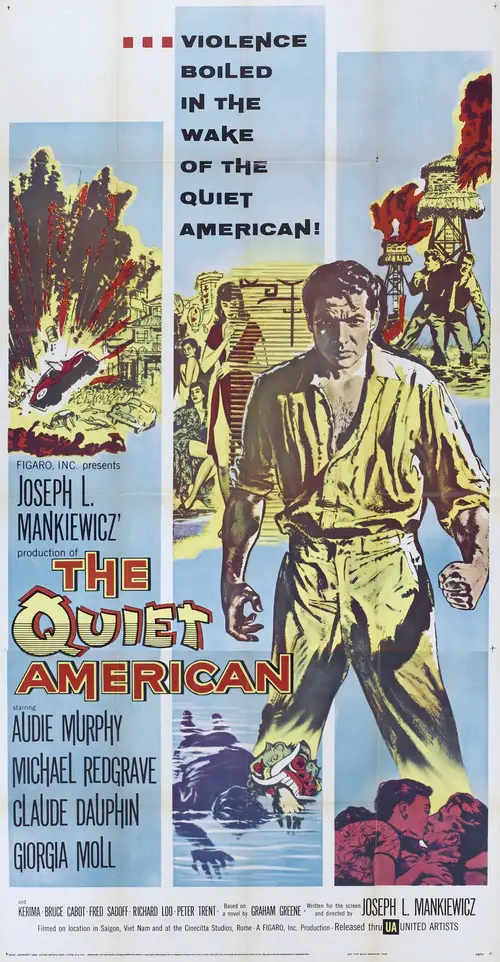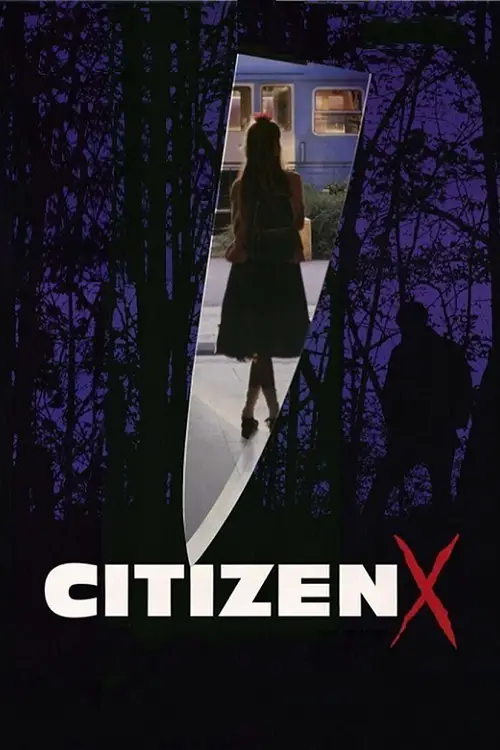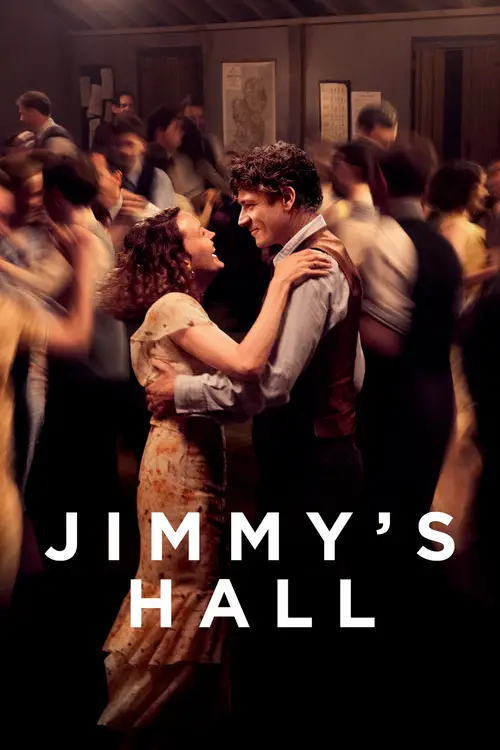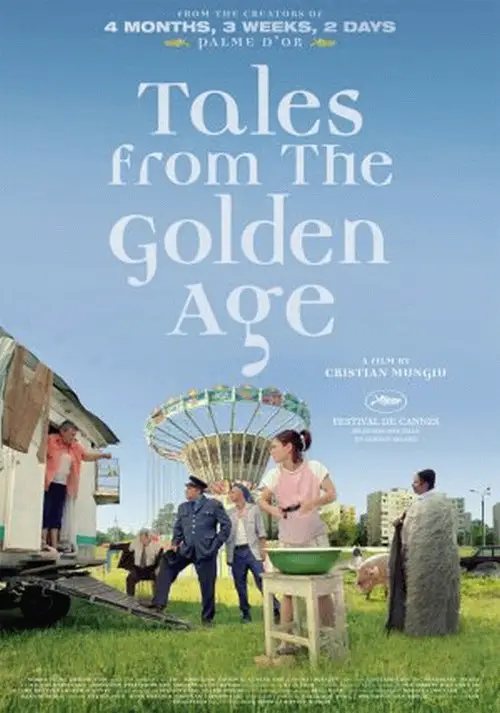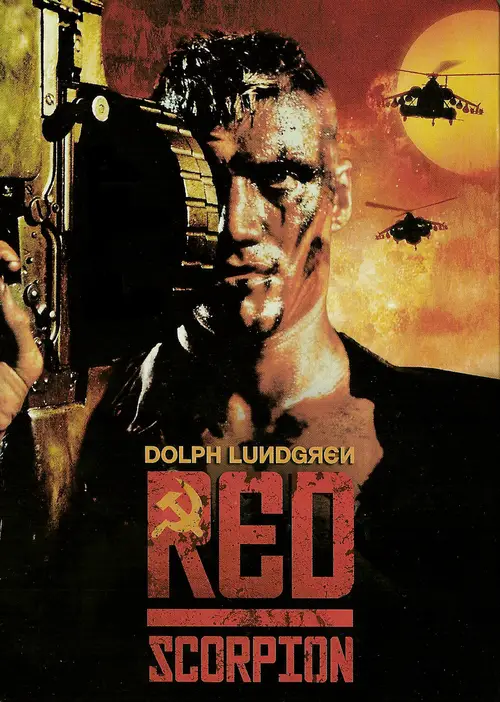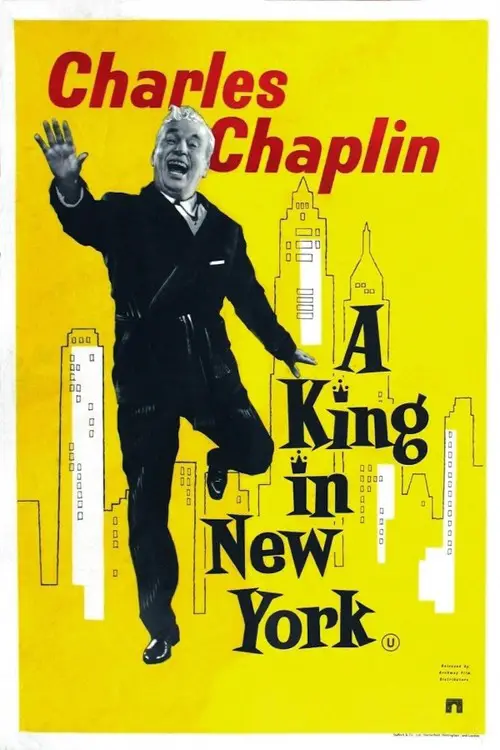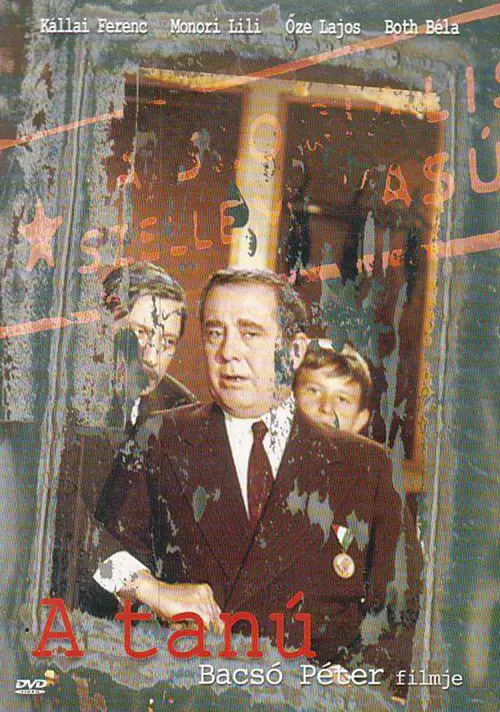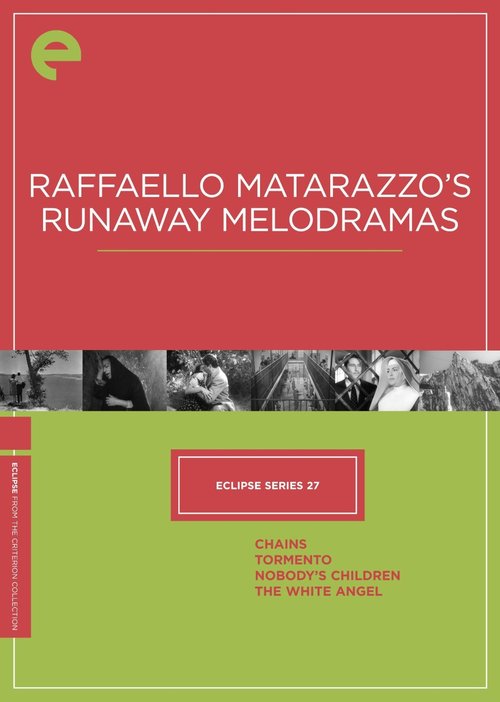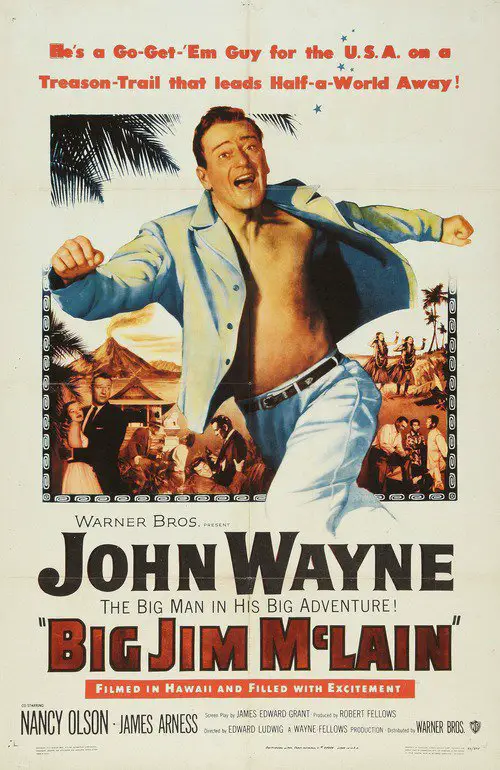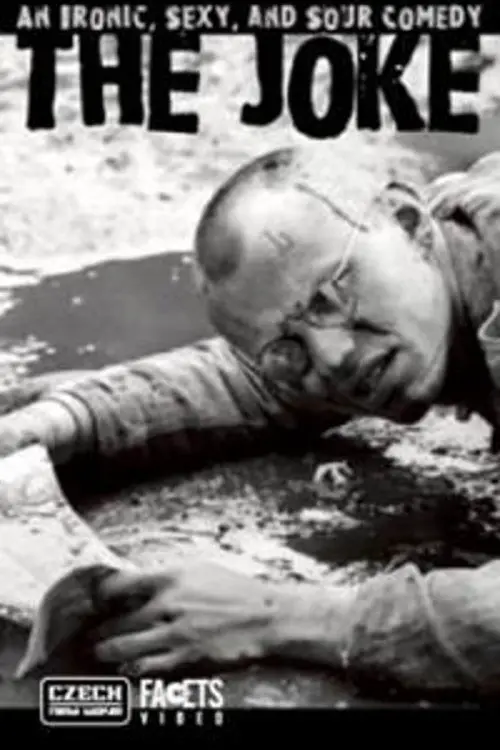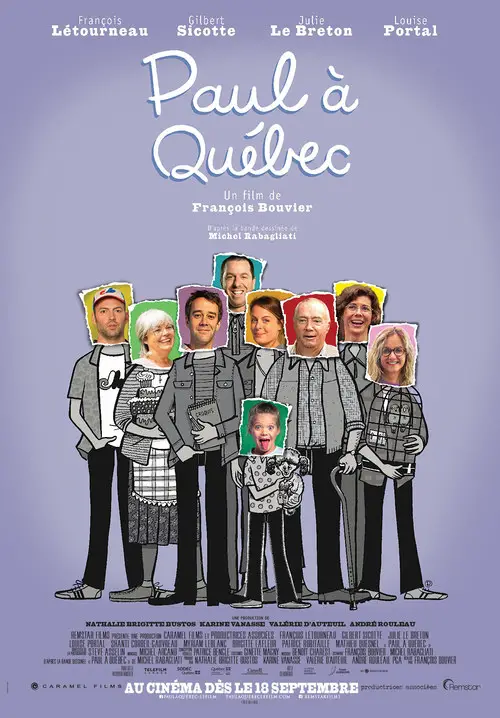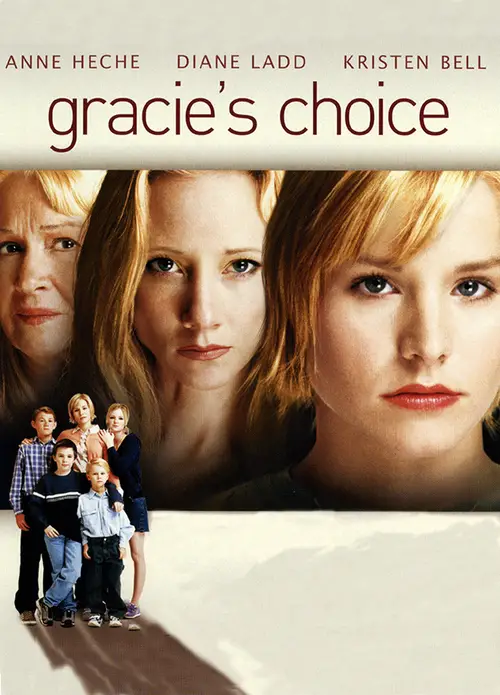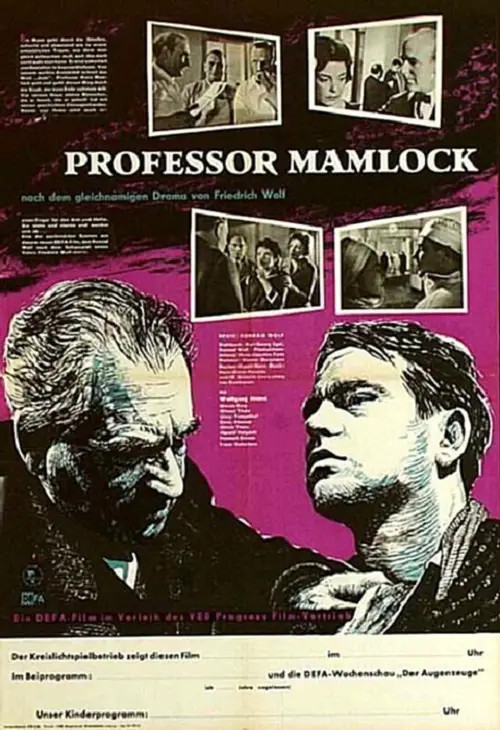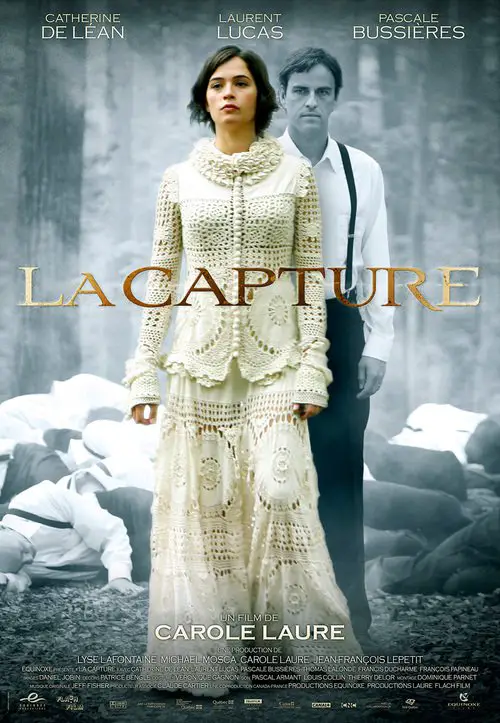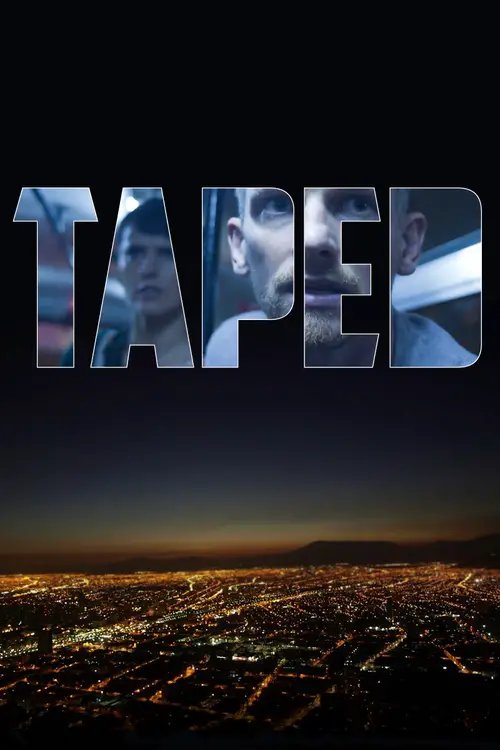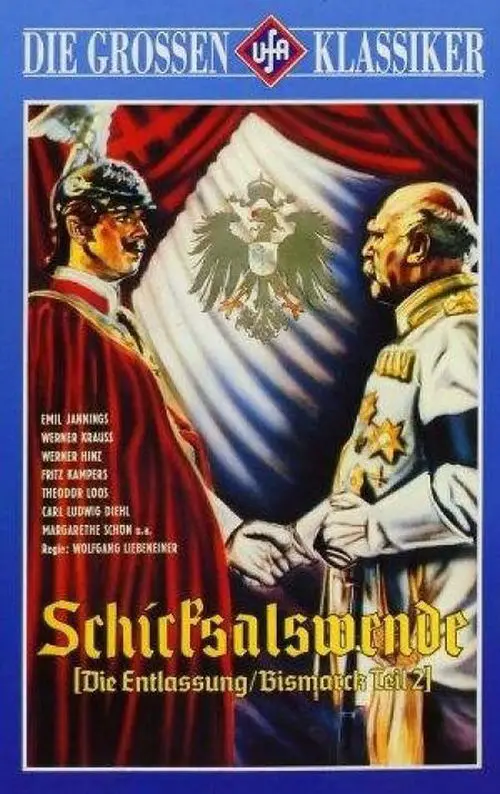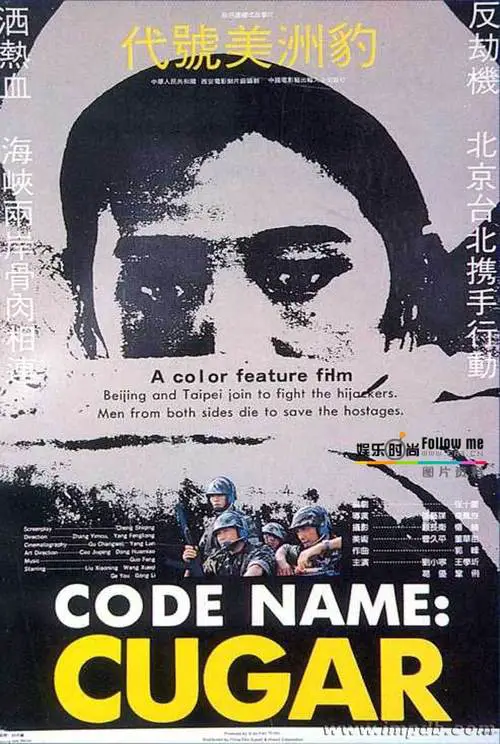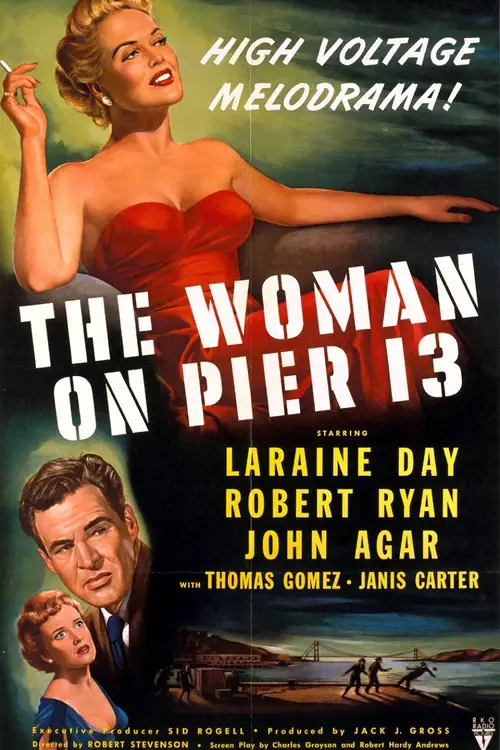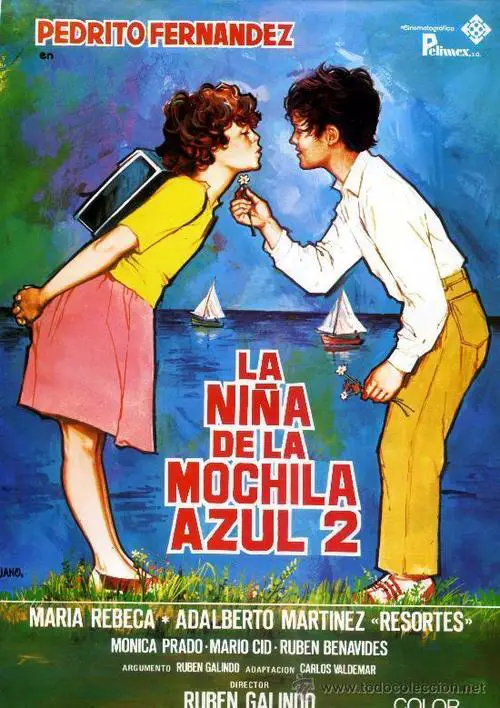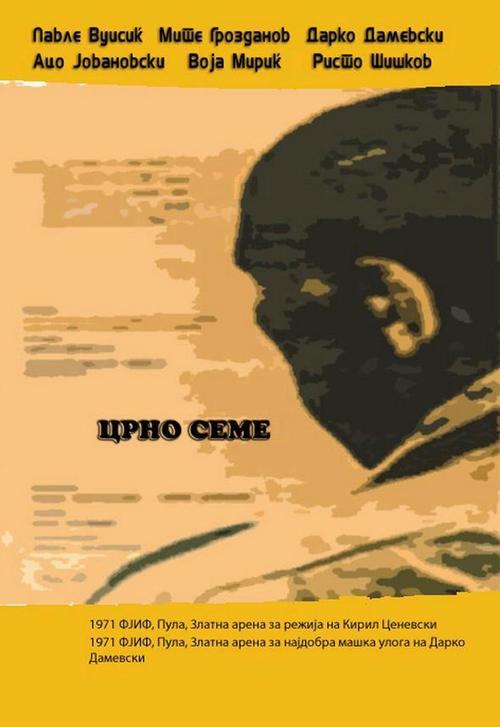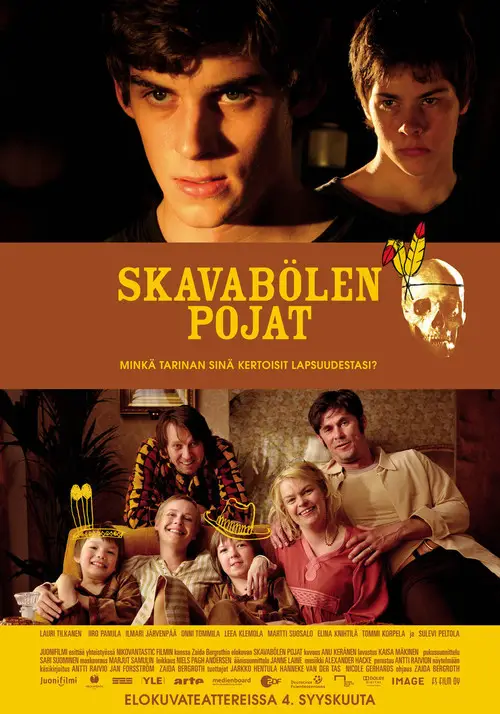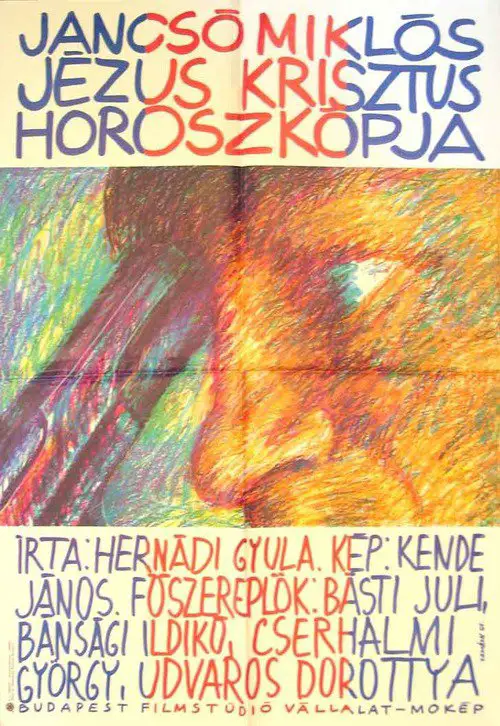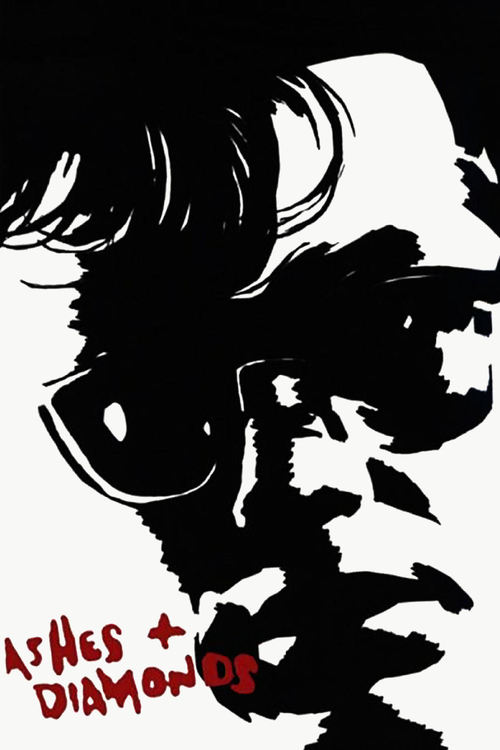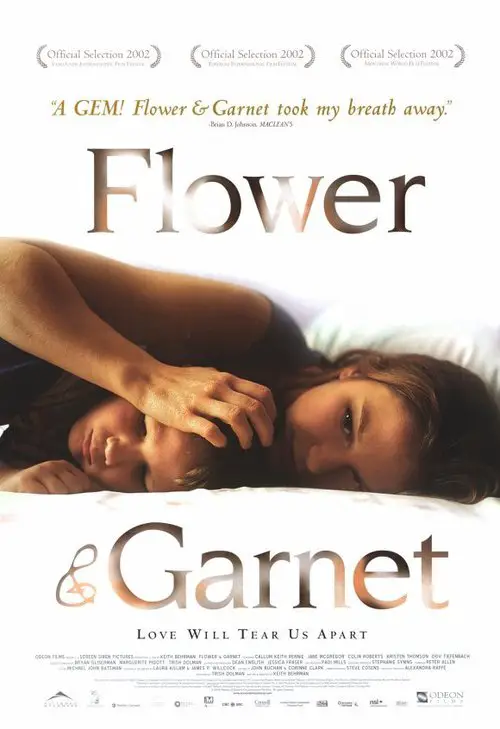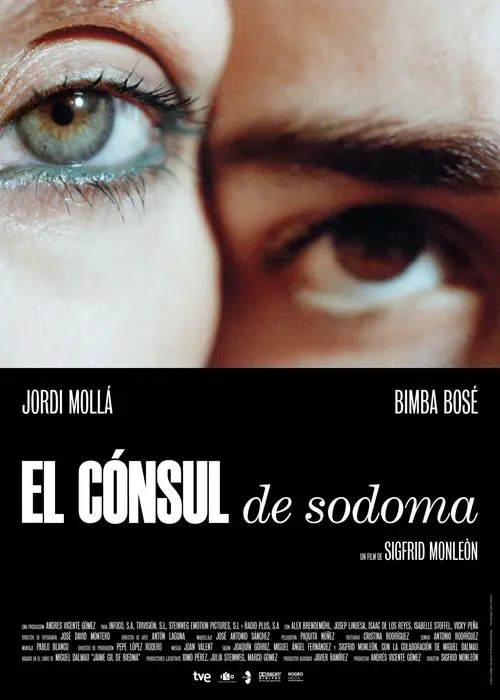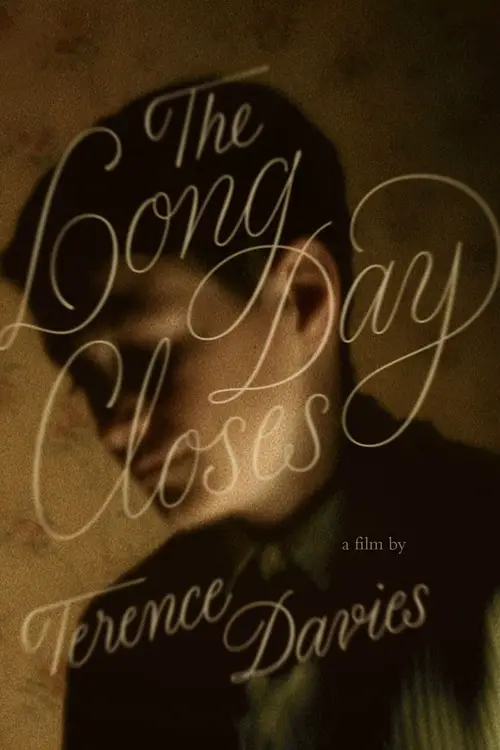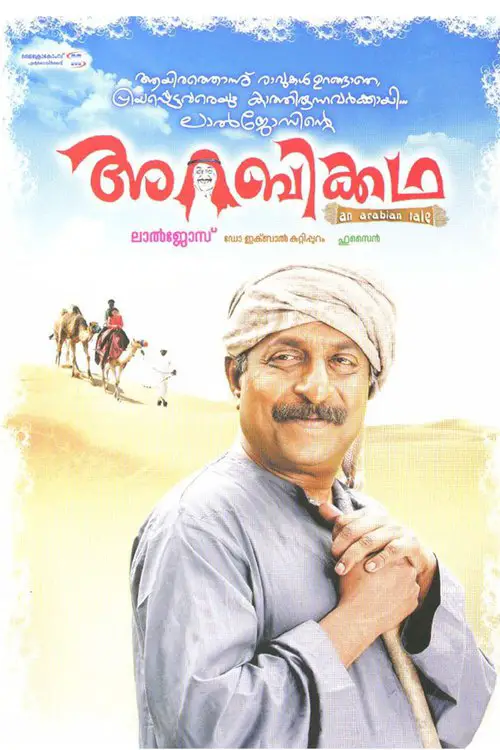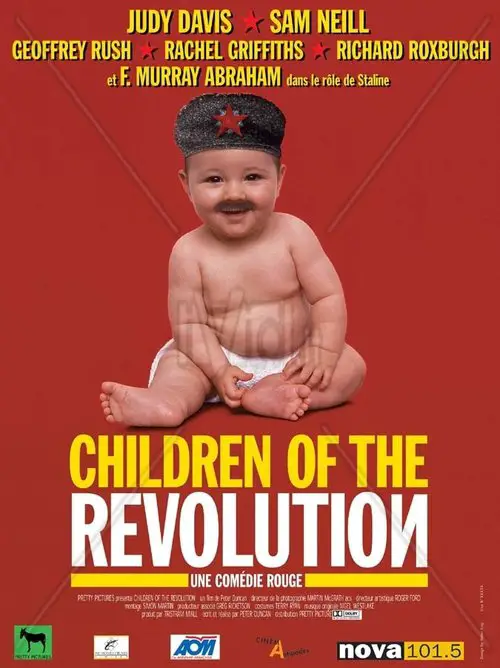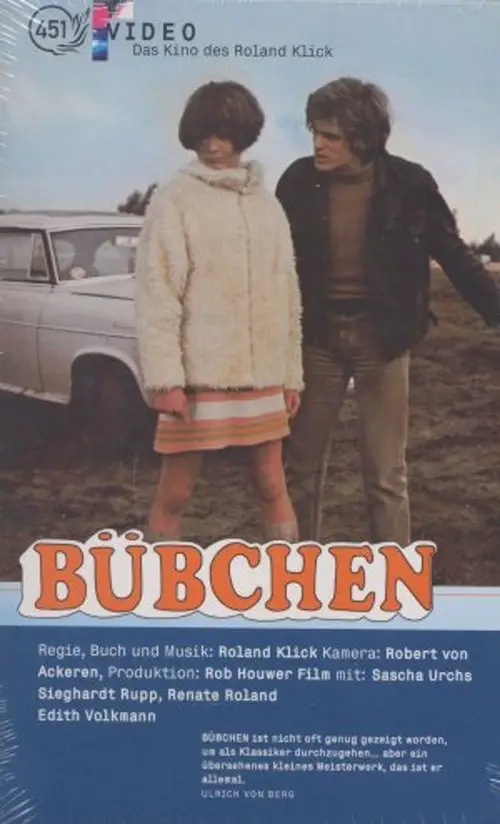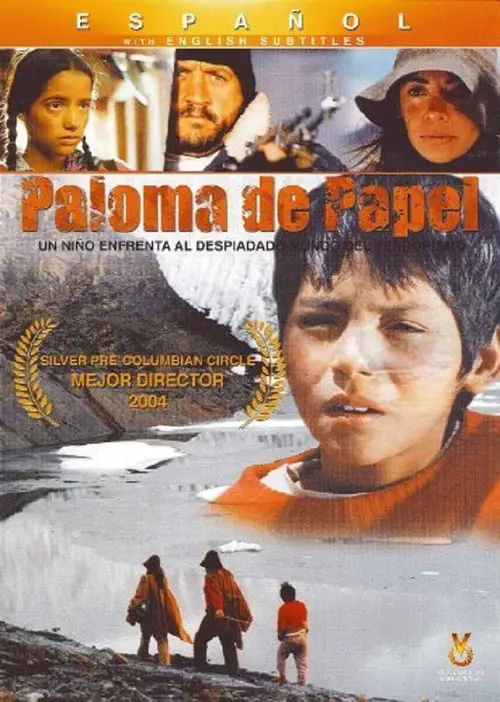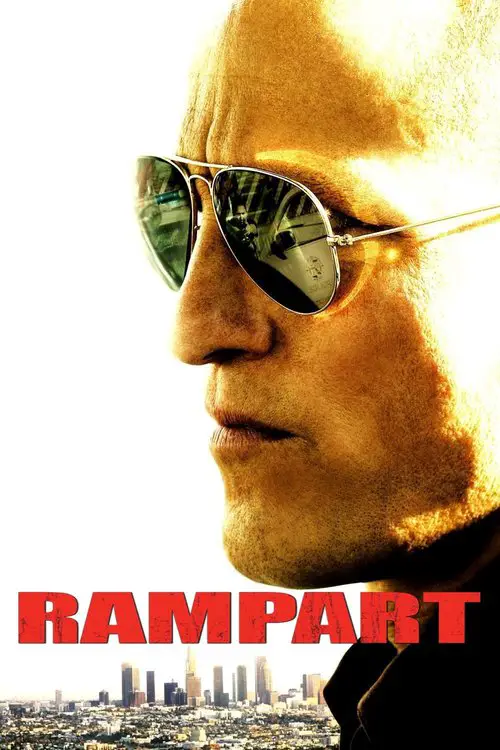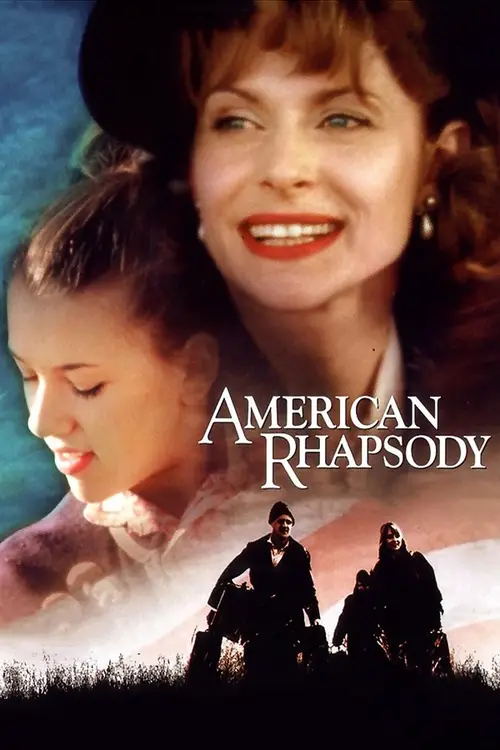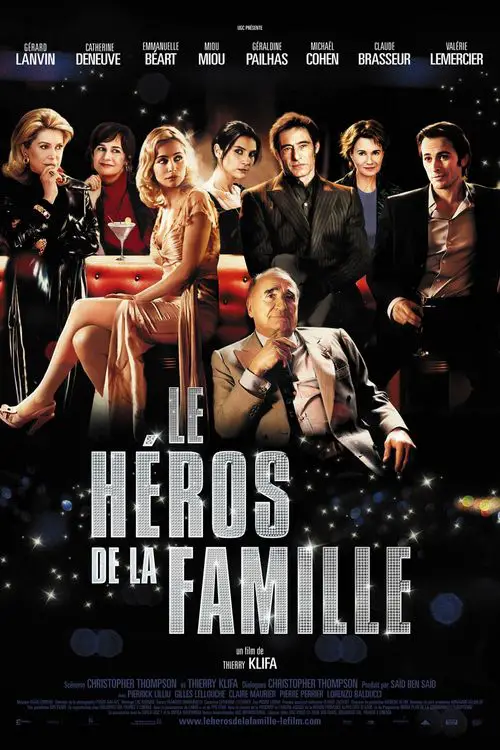Little Rose (2010)
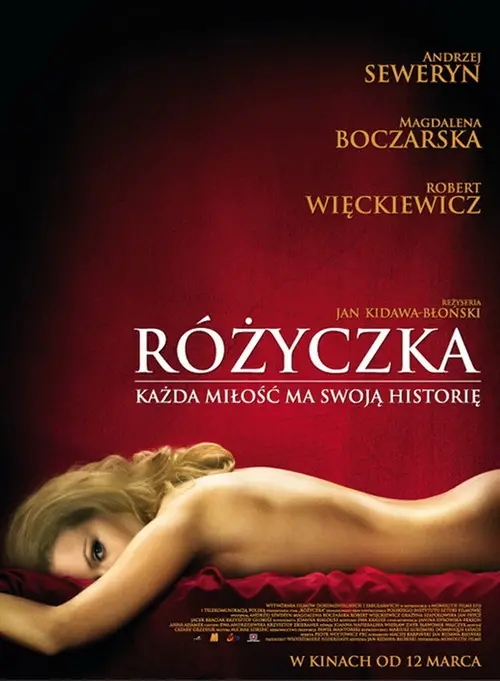
Similar movies
The movie narrates the story of David Carr, an unemployed worker and member of the Communist Party of Great Britain. In 1936 he decides to fight for the Republican side in the Spanish Civil War, an anti-fascist coalition of liberals, communists and anarchists. Similar to George Orwell's experiences documented in Homage to Catalonia, he joins the POUM worker militia and witnesses first hand the betrayal of the Spanish revolution by the Stalinists, loyal only to the dictat of Moscow.
Intended as the concluding film in the trilogy on the modern history of Taiwan began with Beiqing Chengshi (1989), this film reveals the story through three levels: a film within a film as well as the past and present as linked by a young woman, Liang Ching. She is being persecuted by an anonymous man who calls her repeatedly but does not speak. He has stolen her diary and faxes her pages daily. Liang is also rehearsing for a new film that is due to go into production soon. The film, entitled Haonan Haonu, is about a couple Chiang Bi-yu and Chung Hao-tung who returns to China to participate in the anti-Japanese movement in China in the 1940s and are arrested as communists when they go back to Taiwan.
This movie tells the true story of John Reed, a radical American journalist around the time of World War I. He soon meets Louise Bryant, a respectable married woman, who dumps her husband for Reed and becomes an important feminist and radical in her own right. After involvement with labor and political disputes in the US, they go to Russia in time for the October Revolution in 1917, when the Communists siezed power. Inspired, they return to the US, hoping to lead a similar revolution. A particularly fascinating aspect of the movie is the inclusion of interviews with "witnesses", the real-life surviving participants in the events of the movie.
When the Soviet Army marched into Romania in 1944, a part of the Romanian population went âinto the mountainsâ â a diverse assortment of nationalists and fascists, liberals, apolitical farmers and members of the middle-class, who were affected by the Communistsâ expropriations. Over a thousand armed resistance groups took refuge in the inaccessible forests of the Carpathian Mountains where they waited in vain for the support of the Western Allies. One of them was led by Ion GavrilÄ-Ogoranu, who managed to remain undetected until 1976 when he was arrested. This film depicts the daily existence of this group. It tells the story of a struggle that became an end in itself, as the enemy was constantly in pursuit and arrest meant torture and often liquidation. Hungry and emotionally withdrawn, the group of young men got entangled in a partisan war that could not be won, lost in the landscape of the South Carpathians, accompanied by a vigilant secret police, the Securitate.
As the communist revolt progresses in Russia, a female commissar is dispatched to some anarchist sailors to get them on board the party bandwagon. Her arrival is met with skepticism and an attack by an aspiring rapist. She shoots the man in self defense and begins to form the sailors into a cohesive fighting unit. Joining the unit for a mission, the sailors are all murdered before they can convert to communism. The fallen angel is held up as a symbolic heroine to the people's cause in this decidedly propaganda-drenched film. The film took a specially created prize at the 1963 Cannes Film Festival, somewhat to the consternation of critics who failed to observe its merits.
Young Park Seol-Hee is eagerly planning her wedding to a young anti-Communist activist when the North Koreans invade. Her fiancé is forced to flee, leaving her behind with her family in their tiny, rural South Korean village. Rather than resist the North Korean regiment that comes to occupy the area, the townspeople (to Seol-Hee's dismay) decide to cooperate with them in order to ensure their own survival. The North Koreans, however, turn out not to be all that Seol-Hee expected. She soon realizes that there is a history between her family and that of the regiment's leader, Lieutenant Kim Jeong-woong. In between the hilarious day to day antics of Seol-Hee's eccentric family and the hard realities of war, the attachment between Seol-Hee and Jeong-woong grows. As the occupation continues, Jeong-woong becomes torn between trying to follow the increasingly harsh orders from his general and protecting the people that he has come to love and care for so much.
Renata Bella feels like a failure at life and career. But when Renata attends a seminar on selling real estate, she finally finds True Love. Sam Sharpe, while a top-notch, successful salesman, is much older than Renata. She is swept away by his excessively flamboyant style and irrepressible nature. The very traits she finds romantic, however, lead to repeated conflict with her family, especially her beloved father Joe, leaving Renata trapped in the middle.
In 1896, Jeff Webster sees the start of the Klondike gold rush as a golden opportunity to make a fortune in beef...and woe betide anyone standing in his way! He drives a cattle herd from Wyoming to Seattle, by ship to Skagway, and (after a delay caused by larcenous town boss Gannon) through the mountains to Dawson. There, he and his partner Ben Tatum get into the gold business themselves. Two lovely women fall for misanthropic Jeff, but he believes in every-man-for-himself, turning his back on growing lawlessness...until it finally strikes home.
The story starts in the 1930's at one of the largest rubber-tree plantations in Indochine (Vietnam). This plantation is owned by the French colonist Eliane, a proud woman who lives with her father and her native adoptive daughter Camille. She doesn't have a husband or a man in her life (apart from her father), but gets to know the young officer Jean-Baptiste when both want to buy the same painting at an auction. They have a short affair, but then she refuses to see him again. In the meantime it's Camille who has fallen in love with Jean-Baptiste and Eliane knows it. She makes sure he's sent to one of the most desolate outposts on some remote island, making sure that the two will never see each other again. Camille has no choice, but to marry the man she was promised to, but in the meantime she starts a search to find the man she really loves.
In America it frequently shows under the title Hey Babu Riba. In 1985, four middle-aged Yugoslav emigres return to Belgrade for the funeral of Mariana, their beautiful compatriot. They called her Esther, for Esther Williams, she was the coxswain for their four-man rowing team, and they each loved her. They'd last seen her in 1953, when they rowed her across the Adriatic, pregnant, to join her exiled father in Italy. In flashbacks we learn the story of their youthful baptism into sex, smoking, rock and roll (Hey Ba-ba-re-bop), Hollywood and Swedish films, blue jeans on the black market, and their rivalry with Ristic, the Communist Party youth leader for whom they had instant antipathy.
Cynical British journalist Fowler (Michael Redgrave) falls in love with a young Vietnamese woman, but is dismayed when a naïve U.S. official (Audie Murphy) also begins vying for the girlâs attention. In retaliation, Fowler informs the communists that the American is selling arms to their enemy. Director Joseph L. Mankiewicz's drama paints a rosier picture of U.S. involvement in French Indochina than Graham Greeneâs provocative 1955 novel.
Based on the true story of a Russian serial killer who, over many years, claimed victim to over 50 people. His victims were mostly under the age of 17. In what was then a communists state, the police investigations were hampered by bureaucracy, incompetence and those in power. The story is told from the viewpoint of the detective in charge of the case.
Based upon the true story of Olga Benário, the German-born wife of Brazilian communist leader LuÃs Carlos Prestes. During the dictatorship of Getúlio Vargas (1930-1945) she was arrested and sent to Nazi Germany, where she was put to death in a concentration camp. After World War II began, Vargas decided to uphold the Allies.
Tales from the Golden Age is composed of 5 unconventional short stories, each one dealing with the late communist period in Romania, told through its urban myths from the perspective of ordinary people. The title of the film refers to the alluded "Golden Age" of the last 15 years of CeauÅescu's regime.
Known as the best satire about communism, banned for over a decade in Hungary. 'The Witness' has become a cult classic, well received by critics and general audiences when it was finally released outside of Hungary. 'The Witness' takes place during the height of the Rákosi Era, which was closely modeled after the ruthless and brutal Stalin regime. The film follows the life of an ordinary dike keeper, József Pelikán, who has been caught for illegally slaughtering his pig, Dezsõ. Instead of doing hard time for his "heinous" crime, Pelikán is elevated into an important position, generally reserved for the communist elite. His new benefactor, the mysterious Comrade Virág, is reluctant to reveal the real reason behind Pelikán's preferential treatment. Thus, begins Pelikán's hilarious adventure deep within the "sophisticated" communist society... Until one day, when he gets called for to return the "favour" by falsely testifying against his long-time friend in a mock-up show trial.
Anna flees her home, where she has been victimized for years by her spineless fatherâs mean-spirited second wife, to be with her lover, an honest businessman yet to make his fortune. When he is accused of a murder he didnât commit, the coupleâs domestic tranquillity is upended, and a desperate Anna must rely on her cruel stepmother to help support their child.
Paul à Québec is quite simply about life, at its happiest and at its most challenging. Paul and his in-laws offer us a window onto the everyday life of the Beaulieu family, but we also witness the decline of his father-in-law, Roland. Paul à Québec is a hymn to life that reminds us, among other things, of the beauty of those small moments when, in spite of the farewells, life shows us how important it is to savour every instant.
For as long as she can remember, 16 year-old Gracie has been raising her four siblings, each of whom has a different, absent father  and their mother is on the fast track to self-destruction. When these children's lives are about to be pulled apart, Gracie will have to do the impossible and make the ultimate sacrifices to keep her family together. Inspired by actual events, this movie is sure to touch your heart.
Professor Hans Mamlock is the distinguished chief of surgery in a university hospital. The year is 1933, and although the Professor is Jewish, he remains unconcerned with politics and the growing Nazi threat. Mamlock identifies strongly as a German, and he believes his culture to be simply incapable of the common barbarism associated with the Nazi party. Accordingly, he shows little understanding for people with strong or unpopular political views, such as Walter, a patient, and Rolf, his own son. Indeed, when Rolf joins the communists in resisting the Nazis, Mamlock throws him out of his house. As the persecution of Jews intensifies during the 1930s, Mamlock's own daughter is targeted for anti-Semitic attacks at her school...
The film follows a commercial airliner on a routine flight between Taipei and Seoul that is hijacked and taken to mainland China by the fictional Taiwan Revolutionary Army Front. Communist authorities cannot seize the plane because of the presence of an important business figure on the flight, and agree to cooperate discreetly with Taiwanese authorities to defuse an already tense situation.
Jancso emphasizes highly evocative and ambiguous imagery over dialog or exposition. Here he seems primarily interested in showing the painful, stunted lives of Hungary's intellectuals, who are shown as remaining silent and ineffectual during various political crises. There are several action sequences involving chases and shootouts, but since there's no clear narrative we're not sure how they relate to each other or to anything else. The film is, however, visually fascinating, with shots of police cars, horses, and naked bodies juxtaposed and extensive use of multiple video imagery.
Maciek and Andrzej, two home army fighters, were paired and ordered to kill an incoming communist party cadre. At the hotel where their target's welcoming party is being held. Maciek meets the barmaid Krystyna and the two have a brief, passionate affair, before he is pulled away from this fleeting happiness into his deadly mission.
Moth is freed on parole after spending time in prison on wrongful conviction of murder. Jailed shortly before the Bulgarian communist coup of 1944, he now finds himself in a new and alien world - the totalitarian Sofia of the 60s. His first night of freedom draws the map of a diabolical city full of decaying neighborhoods, gloomy streets and a bizarre parade of characters.
Garnet and Flower have grown up in an environment of stifled grief. Since their mother died, Ed, their father, mostly just lives without a goal. Eight-year-old Garnet struggles to comprehend the world around him, while sixteen-year-old Flower seeks love with her new boyfriend. Forced to become a real parent to Garnet, Ed buys Garnet a gun and shows, for the first time, his real affection for the boy.
Fascinating journey through the life and work of the prestigious Catalan poet Jaime Gil de Biedma, both marked by sexuality and eroticism. Charismatic and somewhat eccentric, brilliant intellectual with extraordinary sensitivity and member of Barcelona's 'gauche divine' in the 60s, Gil de Biedma liked to describe himself as a 'poet of experience' while he suffered dreadfully from the dichotomy strangling him: bourgeois and executive for a multinational by day, communist and homosexual poet by night.
An unidentified body is found in the remains left after a fire in a trailer at a run-down caravan park. The owner of the trailer, a young drug-addicted woman, is missing, but is she really the victim? And what role has the so-called neighbourhood watch from the nearby community played? The case is difficult to solve, with everyone involved guarding their secrets, regardless of social class. Furthermore, police supervisor Klas Fredén decides to go over Martin Beckâs head and recruit charismatic, Norwegian homicide investigator, Steinar Hovland. The newly-structured Beck group faces the blight of a power struggle. And Martin struggles to find his way back to his old self.
The story of eleven-year-old Bud, a sad and lonely boy. With cinema as his main source of solace, he haunts the local movie-house. All the while, his family looms large in our peripheral vision as do the menacing bullies of his school, but Bud is the center of attention both from the camera's angle and from his doting family.
The film narrates the story of Cuba Mukundan (Sreenivasan) who can be called an 'impractical idealist.' He is a staunch leftist who lives for the movement. Circumstances force him to take up a job in Dubai. But he finds himself a misfit in a highly materialistic world. He also realizes that the Malayalis working in this region, whom he had earlier mocked for leaving the country for monetary gains, actually perform menial jobs and physical labor in order to support their families back home. He has always had a soft corner for China as a result of his leftist leanings and when he meets a Chinese girl, she quickly finds a special place in his heart as she symbolizes China to him. Through her, he also learns of the Communist failings in other parts of the world.
A strange case baffles the police and the citizens of a German small town. A two-year old girl has disappeared. There are suspects, innocents, guilty ones and a web of lies.
It's saturday afternoon, and Achim's parents are invited for a topping-out ceremony. The neighbour's daughter, Monika (Renate Roland), is the babysitter for Achim (Sascha Urchs) and his little sister Kathrin, but Monika doesn't take the job too serious. She'd rather go for a ride with her boyfriend. Through a unforeseen row of circumstances, Achim becomes the murderer of his sister, and hides the body in a wrecked car on the scrapyard.
When the parents return home, a frantic search for the little child begins. Only the father (Sieghardt Rupp) seems to know the truth...
Black marketeers Marko (Miki Manojlovic) and Blacky (Lazar Ristovski) manufacture and sell weapons to the Communist resistance in WWII Belgrade, living the good life along the way. Marko's surreal duplicity propels him up the ranks of the Communist Party, and he eventually abandons Blacky and steals his girlfriend. After a lengthy stay in a below-ground shelter, the couple reemerges during the Yugoslavian Civil War of the 1990s as Marko realizes that the situation is ripe for exploitation.
Juan, a young man convicted of terrorism, is given amnesty from a Lima prison; he boards a bus to return home and, in his mind's eye, recalls events in his village near Huaraz when he was 10 or 12. His father is long dead, his mother lives with Fermin, secretly a sympathizer with the Communist guerrillas in the hills. Town leaders are assassinated at night. When Juan discovers Fermin's secret, Juan is spirited away to the guerrillas to learn Marxist slogans and how to fight. When the band decides to attack the town to avenge the death of a comrade, Juan must choose.
A Hungarian family forced to flee the Communist country for the United States, must leave a young daughter behind. Six years later the family arranges to bring the absent daughter to the United States where she has trouble adjusting. The daughter then decides to travel to Budapest to discover her identity.
A story of a cabaret in Nice called "Le perroquet bleu" ("The blue parrot"). The innkeeper, Gabriel, dies at the beginning of the movie and leave his business to his godchildren : Nino and Marianne, whom father had been taken under Gabriel's wing when he was fifteen years old. After the reading of the will, the fate of "The Blue Parrot" is in their hands.
© Valossa 2015–2026
| Privacy Policy
